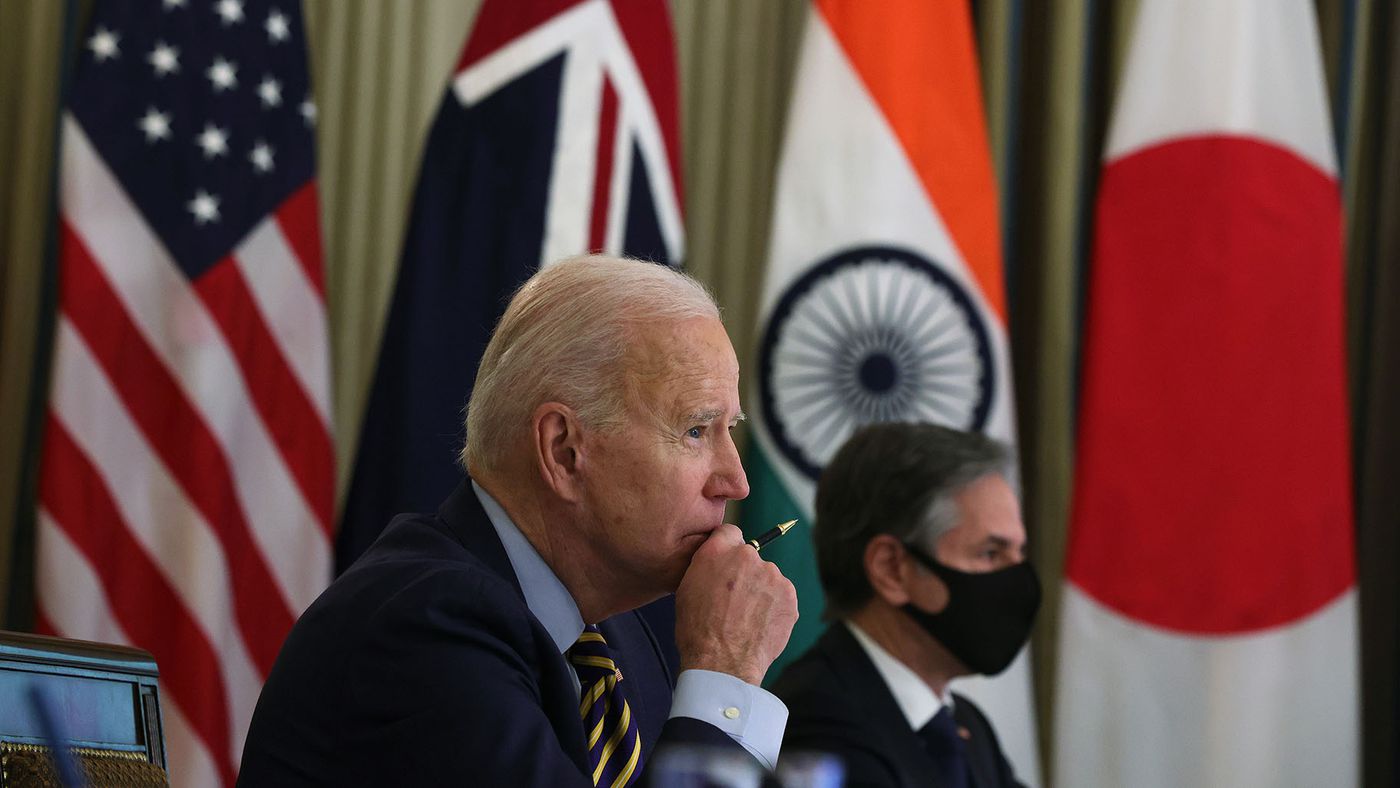The law of unintended consequences is undermining U.S. strategy for the Indo-Pacific, as trade ties between U.S. allies and partners in Asia with China are growing despite U.S. admonitions against dependence on China.
Recent data show that China’s trade with all 10 ASEAN nations rose 71 percent last year and grew 49 percent with India. In fact, despite sanctions and tariffs, China’s trade with the U.S. grew to $657 billion in 2021, a 28 percent increase over 2020, and was projected to increase in 2022.
Aligning global trade and investment with geopolitical goals rather than market forces is often problematic. In the case of U.S. policy toward Asia, there is a lack of appreciation for the degree to which Washington is fighting geography and economic gravity.
Geography (time and distance) is an important factor in trade, especially between major powers like China and the 14 smaller nations with which it shares borders.
Similarly, it is no accident that U.S. trade with Canada and Mexico accounted for 41 percent of the $4.6 trillion in U.S. global trade in 2021. NAFTA and its successor, the U.S.-Mexico-Canada (USMCA) trade agreement, arose to regulate booming market-driven trade and investment, not the other way around. As U.S. firms shift production from China and rewire supply chains, Mexico and Canada are becoming still more important in the near-shoring of production.
Complex supply chains with hundreds of components, often going back and forth across borders, are not easily reconfigured. Moreover, as China is a key supplier of a number of materials and components, even friend-shored supply chains may need some components from China.
The Biden administration is trying to include ASEAN nations in “friendshoring.” But as the U.S. and others redirect supply chains away from China, Southeast Asian nations may lose out, as will U.S. businesses outside regional trade arrangements.
There is a growing trend not just of friend-shoring but of weaponizing economic interdependence. The Ukraine war, where trade, financial and technology sanctions have unplugged Russia from the international economic system, is a prime example of sanctions as the U.S. weapon of choice.
The fatal flaw in US Indo-Pacific strategy




